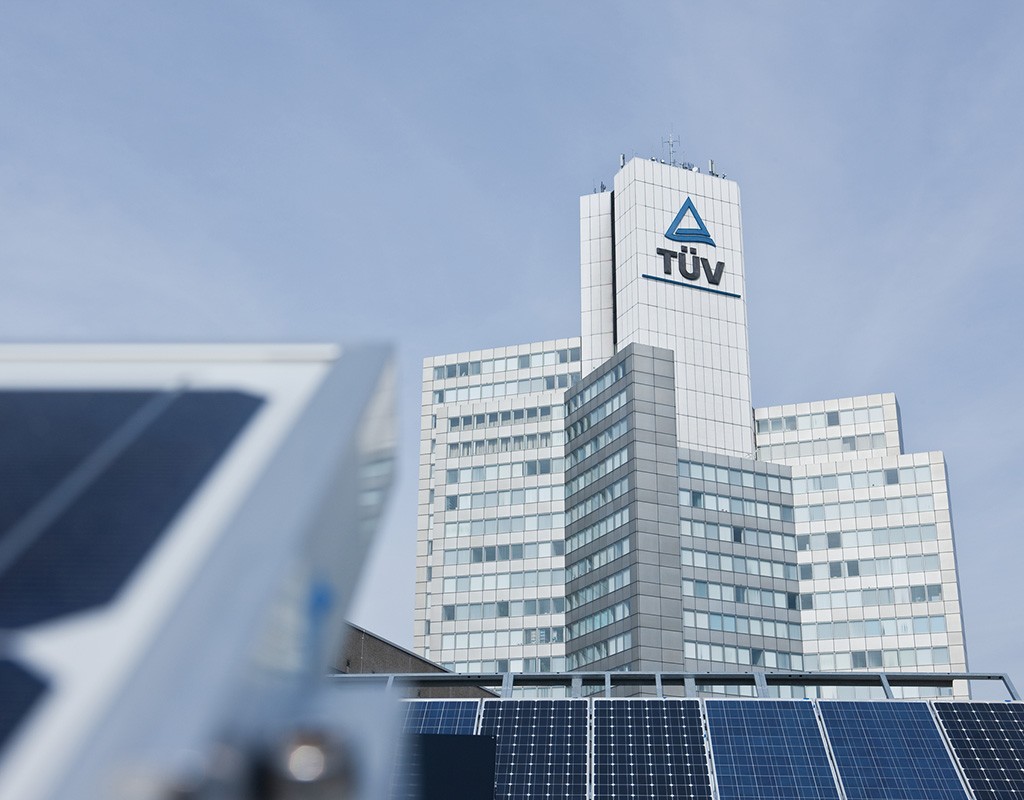/tuv-rheinland-labour-module_core_1_1.jpg) Labor
Labor
/tuv-rheinland-health-safety-module_core_1_1.jpg) Health & Safety
Health & Safety
/tuv-rheinland-labour-module_core_1_1.jpg)
This module includes the criteria for reviewing a company's policies and procedures in relation to labor standards and practices, particularly regarding child labor and young workers, forced labor, freedom of association and collective bargaining, discrimination, disciplinary action, working hours, and remuneration. The use of private/public security forces is also being investigated in relation to possible violations of human rights. It includes the company's policy to prevent child labor and the implementation of age verification measures during the hiring process. Additionally, it examines whether the company has implemented effective mechanisms to fight forced labor and whether working conditions comply with legal requirements. It ensures that the company respects the right to freedom of association and collective bargaining and does not discriminate in terms of employment, promotion, remuneration, and other aspects. It also examines the documentation of disciplinary rules and procedures, as well as whether working hours, overtime regulations, and pay regulations are in accordance with local laws and regulations.
- Child or young workers’ labor
- Forced labor
- Freedom of association and collective bargaining
- Discrimination
- Disciplinary practices
- Working hours
- Remuneration
/tuv-rheinland-health-safety-module_core_1_1.jpg)
This module includes the criteria for reviewing the policies and conditions related to the safety and well-being of workers. One of the focuses is whether the company carries out sufficient health and safety risk assessments and ensures that a safe and healthy working environment is provided. It also examines safety precautions relating to building condition, fire protection, machine safety, electrical safety, chemical safety, personal protection, and emergency preparedness and response. It also includes criteria for evaluating the company's dormitories and kitchens against applicable legal requirements.
- General conditions
- Fire safety
- Machine safety
- Electrical safety
- Chemical safety
- Personal protection
- Emergency preparedness and response
- Kitchen, canteen, and dormitory
/tuv-rheinland-environment_core_1_1.jpg) Environment
Environment
/tuv-rheinlad-ethics_core_1_1.jpg) Ethics
Ethics
/tuv-rheinland-environment_core_1_1.jpg)
This module defines the criteria for reviewing measures and procedures regarding waste management, energy saving, emission reduction and restriction of hazardous substances. It focuses on the compliance with local regulations in waste management, the documentation of energy consumption as well as measures to reduce greenhouse gas emissions. If applicable, this module also checks the compliance with international environmental agreements such as the Minamata, Stockholm or Basel Conventions.
- Waste management
- Energy conservation
- Emission reduction
- Restricted substances
/tuv-rheinlad-ethics_core_1_1.jpg)
This module examines responsible business practices, especially providing unrestricted access to areas, documents, and personnel during an audit. It reviews established standards of conduct to ensure good business practices and fair competition. It also contains criteria regarding unlawful eviction or deprivation of land, forest, and water. Additionally, it investigates the protection of privacy and the provision of complaint channels for confidentially reporting any suspected ethical violations without the fear of negative consequences. It also includes criteria for the responsible sourcing of minerals.
- Transparency
- Anti-corruption
- Anti-bribery
- Fair business
- Protection of intellectual property
- Reporting of misconduct
- Declaration of Country of Origin
- Conflicting minerals
/tuv-rheinland-sspa-key-visual_core_2_2_1.jpg)
/tuv-rheinland-de24_a02_sspa_2400071_sign_en-02_core_1_x.png)
/tuv-rheinland-de24_a02_sspa_2400209_graphics-update_en-01_core_1_x.png)

/tuv-rheinland-sustainability_core_4_3.png)
/tuv-rheinland-supply-chain-audit_core_4_3.jpg)

